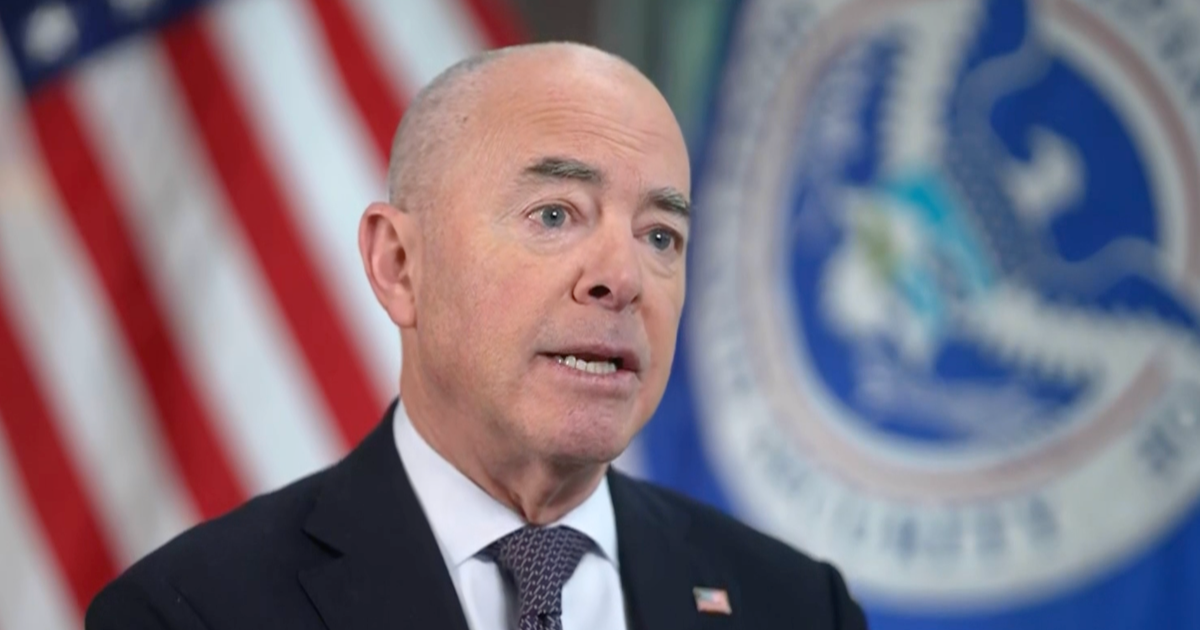Bon Appetit editor Adam Rapoport resigns over Halloween costume photo
The editor-in-chief of Bon Appetit, Adam Rapoport, resigned after a photo of him dressed in a stereotypical Puerto Rican costume surfaced on social media.
Staffers at the foodie magazine had criticized him after the photo, of him and his wife, circulated on Twitter. That tweet featured a screenshot of a 2013 Instagram photo by Rapoport's wife that depicted the two dressed in costume. In the screenshot, his wife tagged the photo "boricua," a reference to Puerto Ricans, and called Rapoport "papi," or daddy. He was wearing a large, heavy chain, a do-rag and a baseball cap. His wife's account is private.
In an Instagram post, Rapoport said he was stepping down as editor "to reflect on the work that I need to do as a human being." He said the photo was of an "extremely ill-conceived" Halloween costume 16 years ago. He acknowledged "blind spots" as an editor and said the magazine's staff and readers deserved better leadership.
Furor over the photo unleashed other employee complaints about working life at the media outlet.
One staffer, Sohla El-Waylly, claimed on Instagram that she hasn't been paid for appearing in videos for Bon Appetit's popular YouTube channel, in contrast to white editors she said had been paid for their video work. She called for Rapoport's resignation and for people of color on staff to receive "fair titles, fair salaries and compensation for video appearances."
El-Waylly received support online from several of her colleagues. At least four said they would not appear in Bon Appetit videos until their colleagues of color received equal pay.
Condé Nast, the magazine's publisher, did not address those concerns directly. But in a statement the company said it is "dedicated to creating a diverse, inclusive and equitable workplace."
Several of Bon Appetit's staff, including El-Waylly, are YouTube stars. Devoted fans devour videos of them making dishes, sometimes with celebrities; recreating junk-food classics from scratch, like Oreos and Warheads, in the magazine's test kitchen; and just chatting about food, food media and each other. Videos get millions of views.
Bon Appetit has been trying to tap into a national moment, saying recently that it will be highlighting more black-owned food businesses and "tackling more of the racial and political issues at the core of the food world."
Media companies are facing their own moment of reckoning around racism as rallies protesting police brutality against black people spread across the U.S., touching off broader conversations about race.
Reporters, editors and other staff members, particularly people of color, are speaking up about racist content and policies at their publications. Recent examples include:
- The New York Times, where editorial page editor James Bennet resigned Sunday over publication of a controversial opinion piece by Senator Tom Cotton, an Arkansas Republican, that advocated for using military force to quell street unrest. That followed an internal revolt by many Times employees, some of whom argued that publication of Cotton's argument endangered the lives of black staff.
- The Philadelphia Inquirer, where the top editor resigned Saturday after the paper's staffers pushed back against a "Buildings Matter, Too," headline on a column about buildings damaged in the protests. The headline was a play on the Black Lives Matter movement that the paper acknowledged was "offensive and inappropriate."
- The Pittsburgh Post-Gazette, where colleagues of a black reporter are offering vocal support after the paper told her she could not cover the police brutality protests because she was biased.
- Refinery 29, the fashion website owned by Vice Media whose co-founder and top editor Christene Barberich said Monday she was stepping down after seeing "the raw and personal accounts of Black women and women of color regarding their experiences" at the company.
Several former Refinery 29 staffers had posted on social media about racism they experienced, including pay disparities. In a memo to staff, Vice CEO Nancy Dubuc said the company will begin to overhaul "how we hire, develop and retain a globally diverse workforce." Barberich will remain with the company through a "transition period," Dubuc said.



